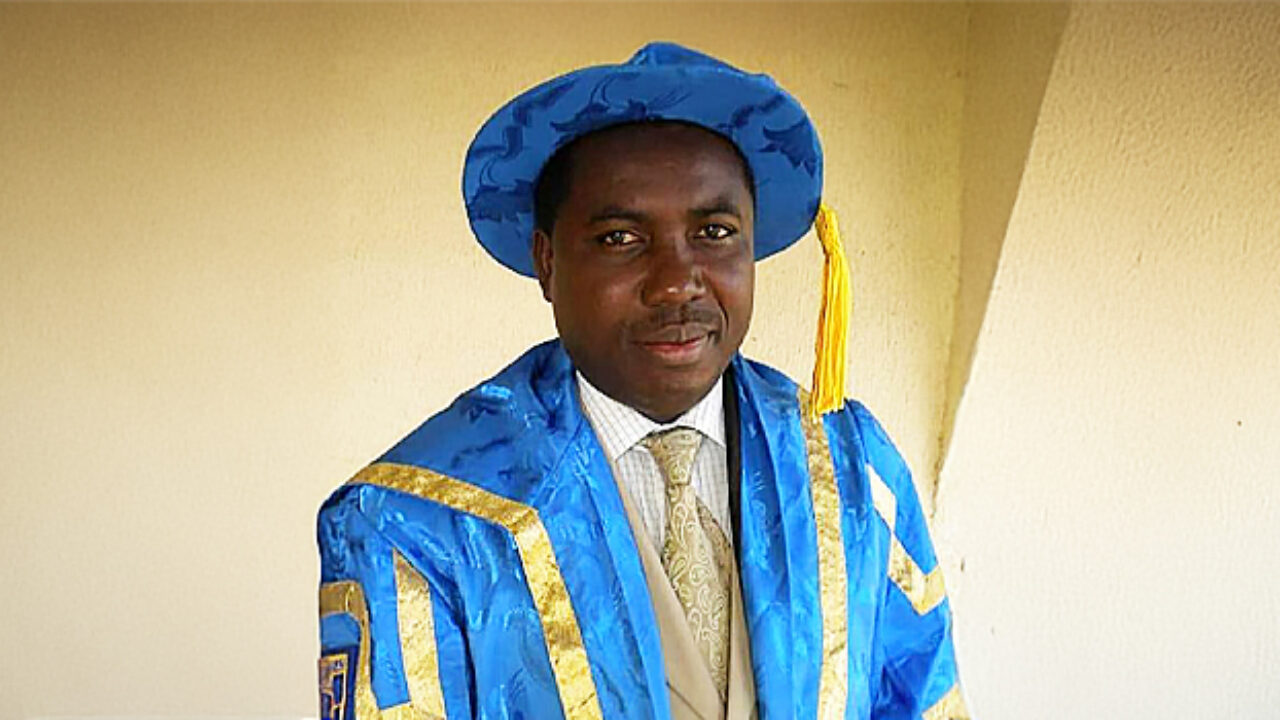Obinna Chima
President Donald Trump’s signing of an executive order that temporarily froze almost all United States foreign aid programmes to Africa and other developing and under-developed continents has sent shockwaves across the world.
While there is panic and uncertainty in Africa’s massive aid industry with some, mostly promoters of non-governmental organisations that are beneficiaries viewing the decision as a setback, there have been excitement from ordinary citizens who say stopping the US aid flow will enable the region shed its dependence on foreign aid and chart a new course.
No doubt, across Africa – from bombed-out Sudanese cities grappling with cholera, malaria, and measles – to Congo where millions of people are already displaced and where outbreaks of mpox virus had been declared a global health emergency, to Kenyan clinics, Mauritanian refugee camps, HIV patients in South Africa and insecurity-ravaged and malaria-infested citizens in some parts of Nigeria, among other countries on the continent, the US aid ban will have profound consequences for the most vulnerable people as the world awaits Trump’s further directive on the policy.
As part of his “America First,” Trump signed executive orders on the day of his inauguration, including a 90-day freeze on foreign aid spending. The freeze also affected current foreign assistance programmes, including the President’s Emergency Plan for AIDS Relief (PEPFAR) and the United States Agency for International Development (USAID).
USAID was set up in 1961 to administer humanitarian aid programmes on behalf of the US government. It is by far the largest humanitarian and development arm of the US government. It employs not less than 10,000 people, two-thirds of whom work overseas, according to the Congressional Research Service.
Through USAID, the US spent $68 billion on international aid in 2023. The vast majority of the humanitarian agency’s money is spent in Asia, sub-Saharan Africa and Ukraine.
Justifying the rationale for its action, the Trump administration, maintained that USAID and other aid programmes had over the years been wasting money and needed to be aligned with the policy priorities of the present government.
The US government also revealed details of how USAID funded “ridiculous” projects over the years. For instance, the documents showed that USAID spent $500 million to solve sectarian violence in Israel, just 10 days before the October 7, 2023 attack by Hamas that killed at least 1,200 people. It also gave $5 million to EcoHealth Alliance – one of the key NGOs funding bat virus research at the Wuhan lab in China. At least $10 million worth of USAID-funded meals were sent to an Al Qaeda-linked terrorist group, the Trump administration said.
The documents further revealed that the USAID sent millions of dollars to countries for LGBT groups and their activism. These included, $1.5 million to promote LGBT advocacy in Jamaica, $2 million to promote LGBT equality through entrepreneurship in Latin America, $3.9 million for LGBT causes in the Western Balkans, $5.5 million for LGBT activism in Uganda, $6 million for advancing LGBT issues in priority countries around the world, and $6.3 million for men who have sex with men in South Africa.
Weighing in on the matter, billionaire Elon Musk, whom Trump put in charge of a new pseudo-government office tasked with cutting waste, wrote on X a few days ago, “We spent the weekend feeding USAID into the wood chipper,” calling the agency a “radical-left political psy op” and “a criminal organisation.” Musk further said it was “time for it to die.”
While there are reports that show that Africa may be affected more by this decision to temporarily cut the flow of foreign aid, since the region got more than $6.5 billion in humanitarian assistance last year, the fact remains that most of these monies end up in private pockets or bank accounts. Critics argue that foreign aid has over the years failed to deliver sustainable development, has even perpetuated dependency and hindered progress in the region. Reports also indicate that foreign aid over the years has been fueling corruption and has made the region poorer with very little impact. There are also allegations that some portions of aid the continent receives yearly are used in financing wars and terrorism.
Over-reliance on aid, to a large extent, has discouraged local initiatives as some individuals and governments in the continent divert resources from their intended purposes. Furthermore, aid most times comes with conditions that do not align with local priorities, beliefs or culture.
Dambisa Moyo, author of ‘Dead Aid,’ argues aggressively that even though western countries have pumped trillion dollars into Africa over the last half-century there is almost nothing to show for it. To her, aid isn’t just ineffective, it is counter-productive as it creates dependencies, props up bad governments, discourages transparency, undermines local enterprise, reduces incentives to save, and stunts growth.
“It’s time to stop pretending that the aid-based development model currently in place will generate sustained economic growth in the world’s poorest countries,” she writes. “It will not. The answer then, is to break the aid cycle.”
“Africa is addicted to aid,” she writes. “It is no longer part of the potential solution, it’s part of the problem – in fact, aid is the problem.”
Former President Uhuru Kenyatta of Kenya, also criticised African leaders who have been complaining after Trump temporarily withdrew aid to the continent. Kenyatta challenged African leaders to stop crying foul and instead rethink ways to secure funds to facilitate their needs.
“I saw some people crying the other day that Trump has withdrawn aid. Why are you crying? It’s not your country, he has no reason to give you anything, you don’t pay taxes in America. This is a wake-up call for you to say, ok, what are we going to do to help ourselves?” the former president said.
He also challenged the leaders to use Africa’s resources for the right purposes and support Africans in living a comfortable life.
Also, President of African School of Governance and former Deputy Governor of the Central Bank of Nigeria, Prof. Kingsley Moghalu, argues that the aid-industrial complex had “helped under-develop Africa in cahoots with many clueless leaders on the continent by promoting a culture of dependency and destroying African agencies,” even as he sympathised with the families that the “complex has kept afloat.”
“But I say to Africa: Now is your time to rise! Find your own way in the world! Necessity is often the mother of invention. I have long been skeptical of the notion that development can be “international”. It is in reality always a homegrown process everywhere it has been achieved. The phrase “international development is an oxymoron.”
Clearly, this development is expected to compel African leaders examine themselves and use the continent’s abundant natural resources and human capital to propel economic expansion. It promotes self-reliance, entrepreneurship, and creativity. Africa is at a pivotal point in time. This is the best time for African leaders to think outside the box and find alternatives to sustain development programmes on the continent. Depending on foreign handouts is no longer viable. African leaders must learn to effectively channel their resources for the right purpose and fashion out economic programmes that are self-sufficient so as to wean the continent off aid dependence. Africa should be seen as a partner and not as a beggar.



























































